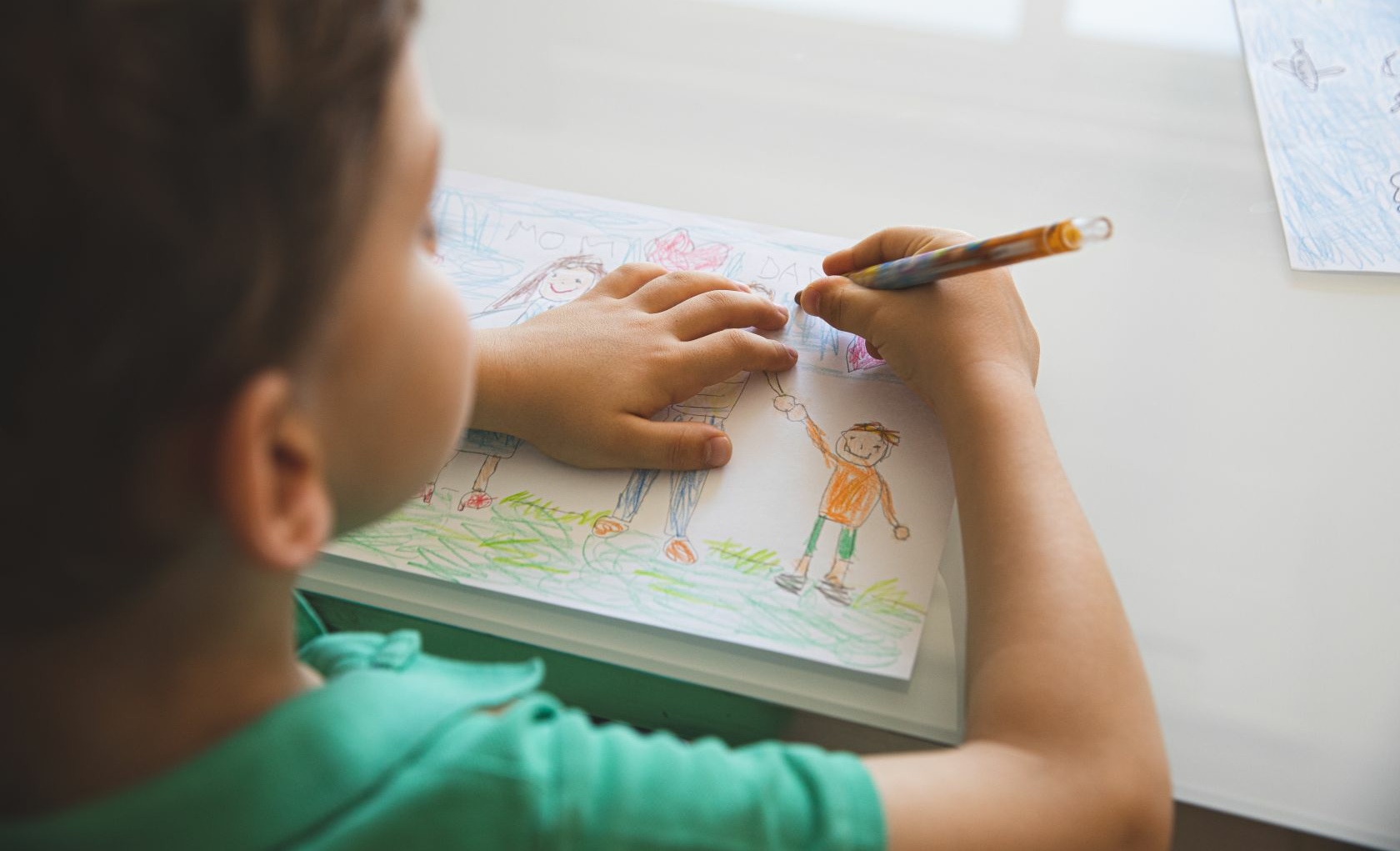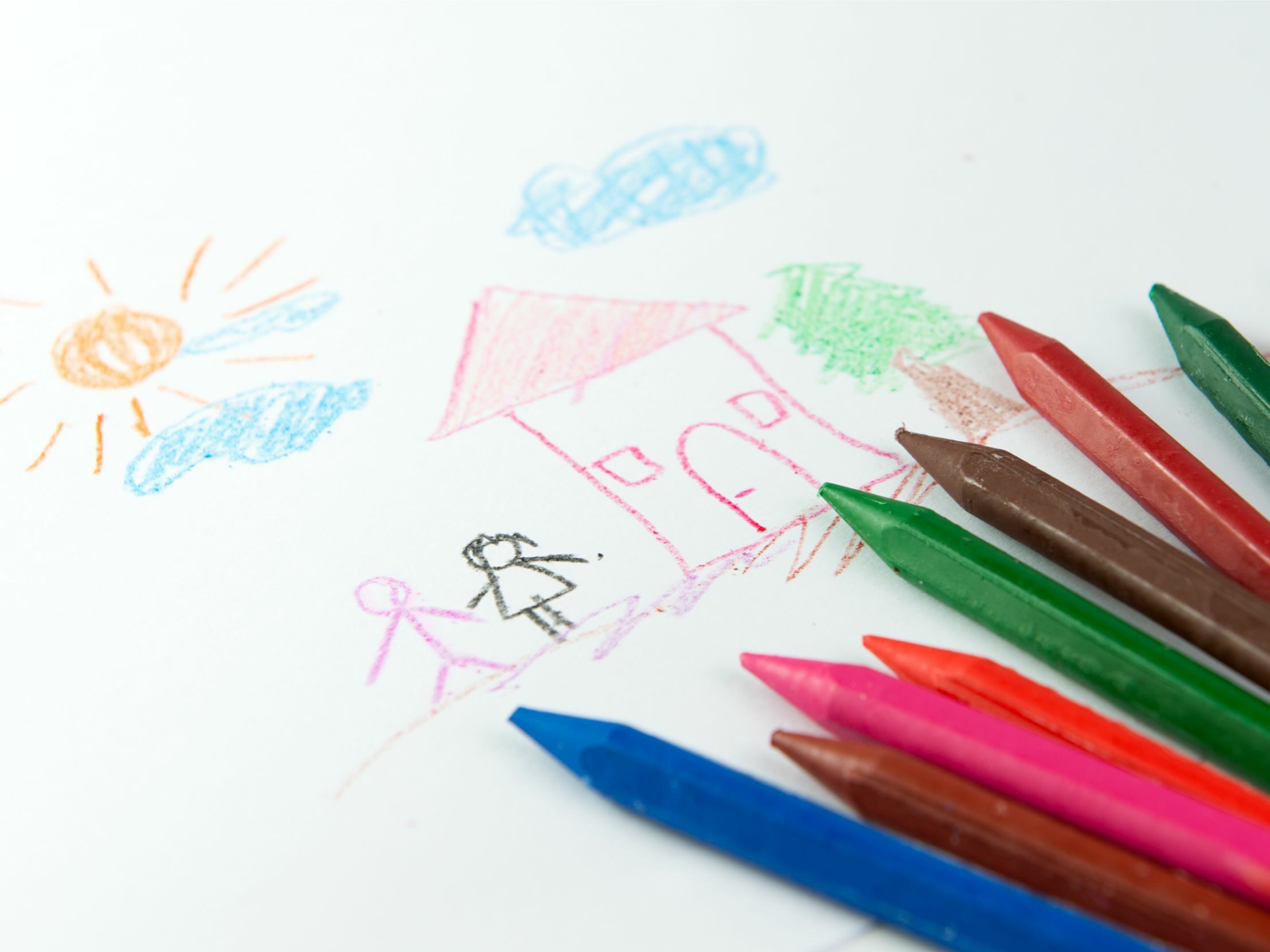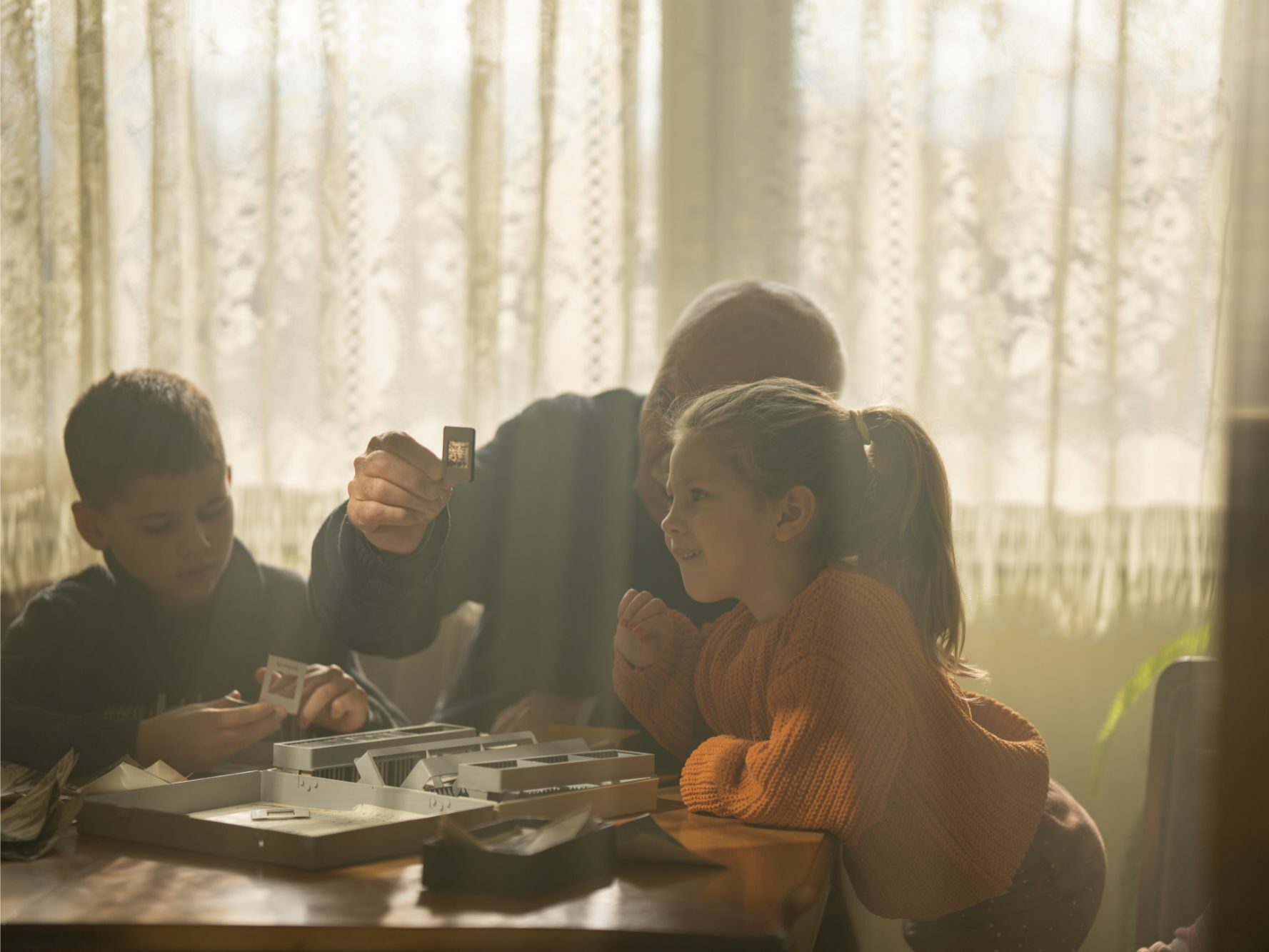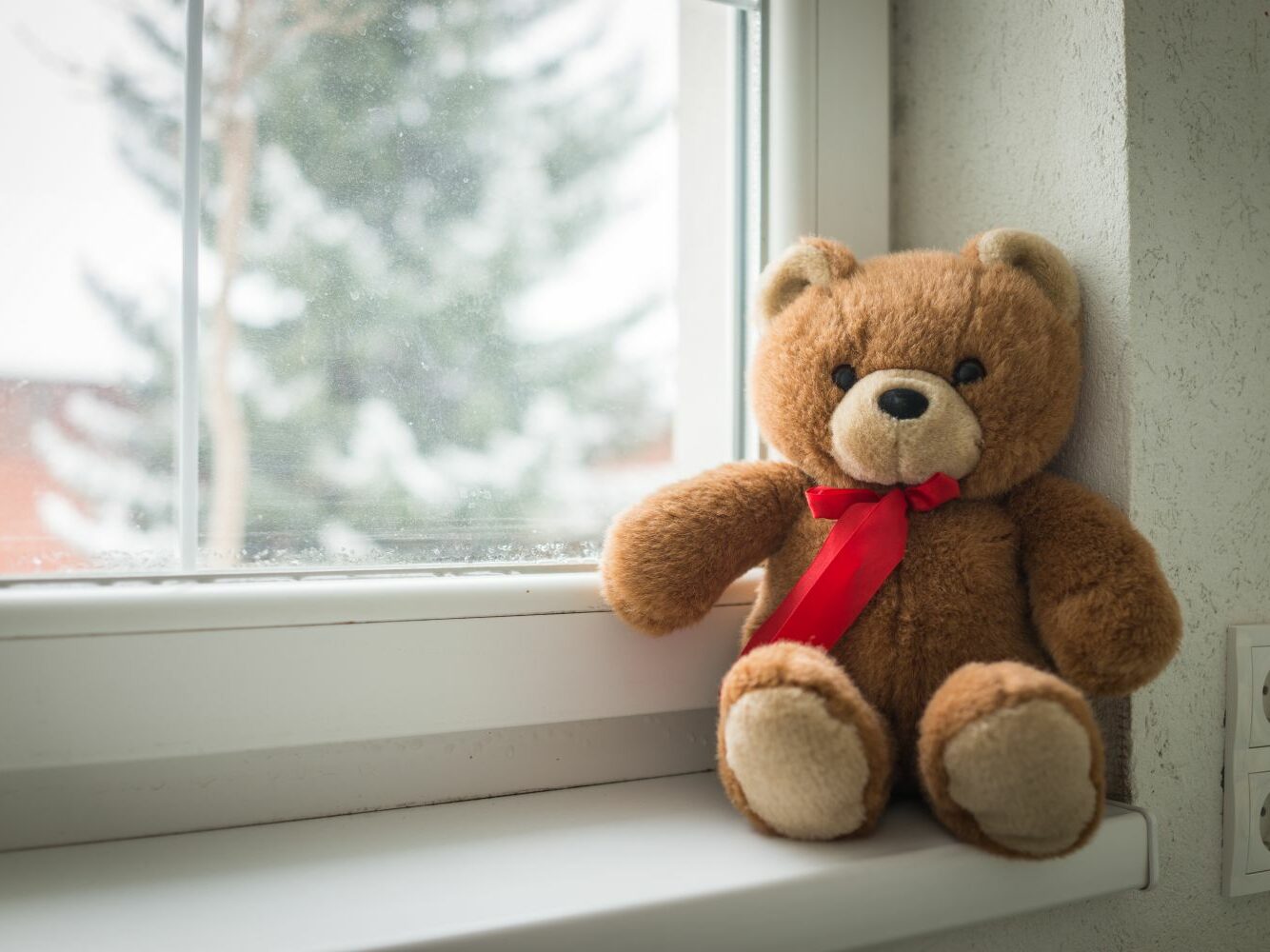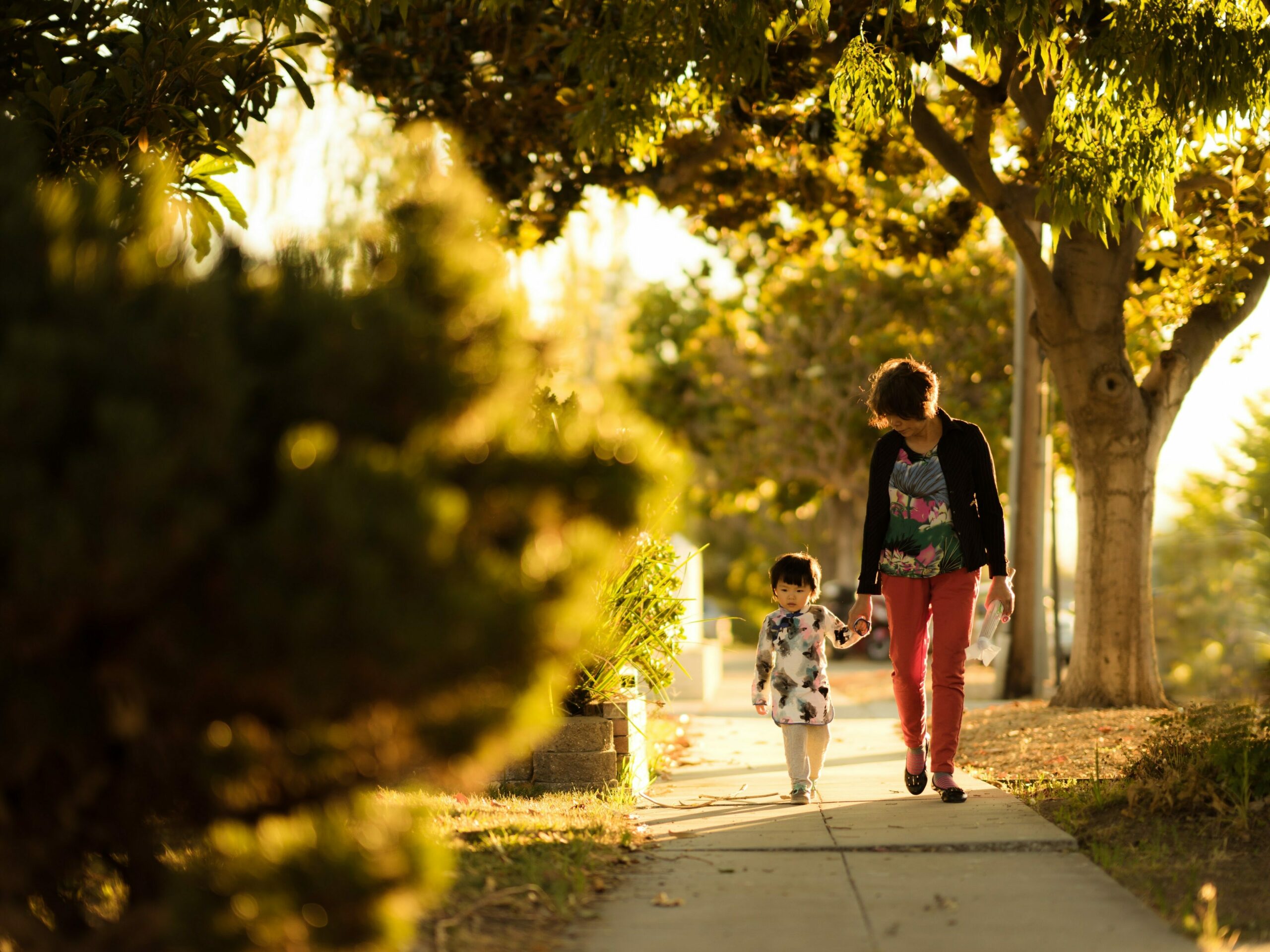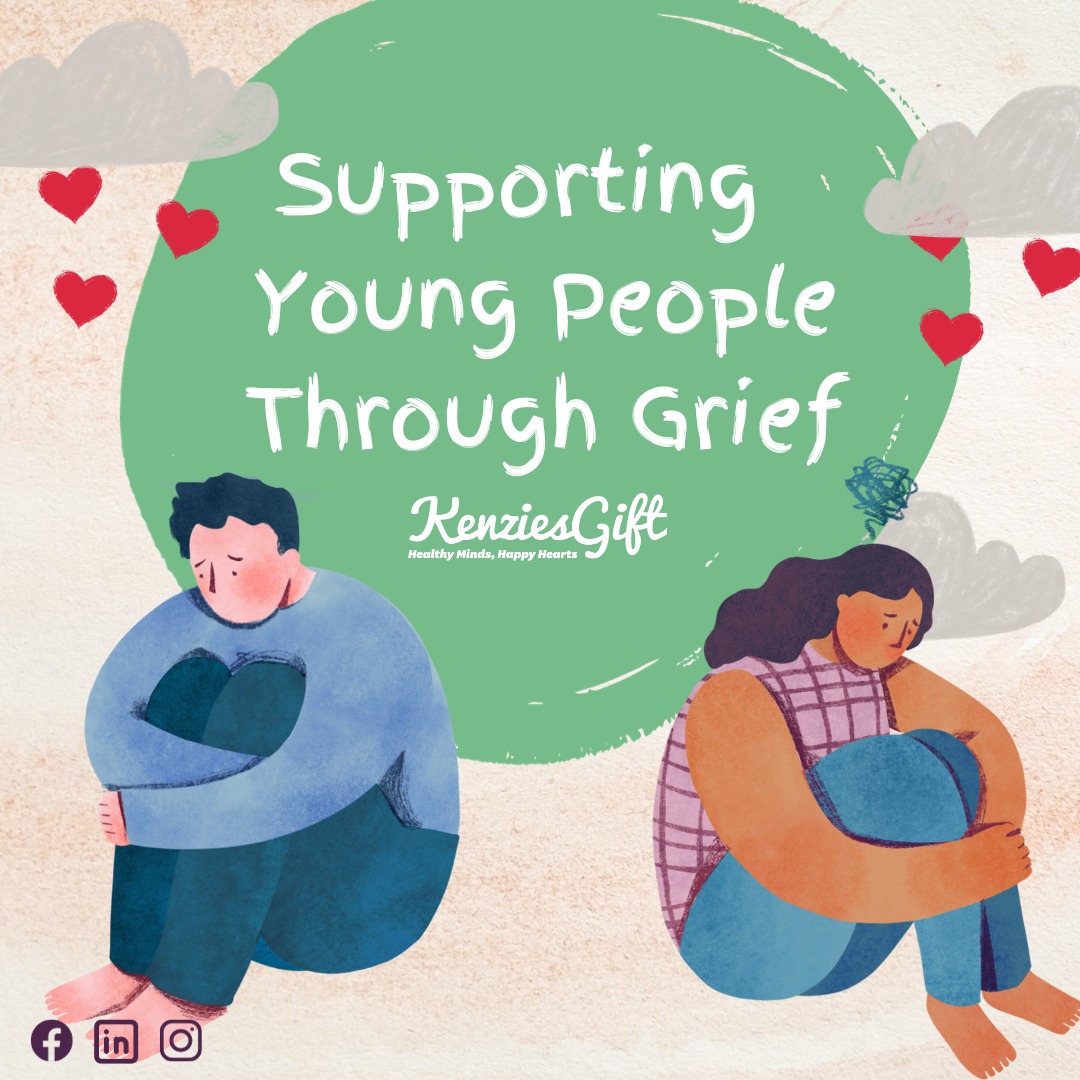Youth Support
How a young person understands and processes death depends on their age, this changes as time passes and they develop. Talking to children, and providing support for them, around death or loss is ongoing. As time passes and they pass through different ages and milestones they may have more questions or may need more detailed answers to help them understand and deal with their emotions.
Without proper support, grieving children of all ages may experience issues such as insomnia, inability to focus or concentrate, withdrawing, clinginess, feeling lonely, fearing the future or of losing another loved one, sadness and anger.
Counselling and therapy
Find a child psychotherapist in your area via the New Zealand Association of Child and Adolescent Psychotherapists (NZACAP) directory. Read more about counselling.
0800 What’s Up (0800 942 8787) is a free national counselling helpline for children and teenagers (5–18 years). Phone counselling is available every day of the week, 365 days of the year, 11am–11pm. Online chat is available from 11am–10:30pm 7 days a week, including all public holidays.
Kenzie’s Gift is a national organisation that helps children and young people cope when a family member dies or is affected by a serious illness. Children receive one-on-one support from a registered child and family psychotherapist, and parents are given information on how to support their child’s wellbeing.
Involving children the final stages
Whether or not children see their loved one during the dying phase or after death is your decision. It can be helpful in processing the transition and accepting it.
Although children should not be forced to plan or attend memorial services, encouraging them to to do as much as they feel comfortable with can be helpful. These occasions help everyone, children included, remember loved ones.
Ask if they would like to draw pictures, pick flowers, or write stories and place these their loved one as a “special gift” from them. Allowing them to stand with their family members during eulogies or readings is a way of including them in the ceremonies.
Support for children of different ages
Support specifically for young children
Skylight offers an eight-week children’s support group currently only offered in Wellington. These support groups are split up into age groups 6-9 and 10-13 allowing children to connect with their peers and take part in age-appropriate activities to help them cope with their loss and continue to feel connected to the person they have lost. If you are interested in signing your child up for this, or enquiring about the programme being offered in other areas of New Zealand you can email info@skylight.org.nz.
Picture books and Art Therapy can be useful tools for parents and caregivers to help young children understand the concept of death and loss and start to have conversations about it. Sometimes it can be difficult for children to vocalise some of the big emotions they are feeling and they may not have the words or understanding to explain these to adults. Creative exercises and art therapy can offer young children a way to express these thoughts and feelings in a visual way. Search for books, art therapy, guides and other resources for parents and caregivers of young children.
Support specifically for Teenagers
Teenagers usually have a better understanding of death than younger children, and as such they can worry about the long-term impact the loss will have on their lives, such as who will pay the bills or take care of them? Some teenagers find it hard to talk to adults or ask for help, and may prefer to open up to their peers about their thoughts and feelings or search the internet for coping strategies.
The Headstrong chatbot app simulates a conversation allowing teens to interact with a digital guide in an engaging way, as if it were a real person. The app was developed by a team of experts in digital innovation for youth mental health from the University of Auckland. Using quick tips, chat, challenges and courses, it draws on the Māori and Pasifika concept of Te Whare Tapa Whā as well as Western science to help young people manage stress, resolve conflict and deal with negative thoughts and strong emotions.
Sparx is an online game helping young people cope with stressful and negative emotions.
Search for books, guides and other resources for grieving teenagers.
Talking to children about death and dying
The advice in this section has been taken from the Hospice New Zealand Guide for Carers.
It is easier for children to grieve when adults are open and honest with them about death and dying, and the attitude an adult has towards this is often reflected in the way children deal with it. If we do not talk to them about it, they can learn that the subject is off-limits and may not openly talk about how they feel. It is OK to let them see you cry and know you are sad, as this lets them know it is OK to do the same.
Children need simple, direct and truthful explanations. It is best to be direct and clear in the choice of language – using words like “death”, “died”, “dead” rather than “passed away”, “he’s sleeping” or “we lost him”, as these can be confusing and lead to children misunderstanding what happened. Give them as much detail as they can understand, and answer their questions. They will often need the same information repeated to process and understand it.
It can be easier to talk to children while doing other things such as driving to and from school, giving them a bath, at night-time when putting them to bed or when discussing a painting or drawing they have done recently.
Young children may feel that an illness or death is their fault, or worry that they, or their remaining caregiver will also die. It is important to explain the illness or death as much as possible so they can understand what happened, and reassure them that they are safe. Give them a task, such as making a drink, so that they feel part of the caregiving team, and try to keep their day to day routine as normal as possible so they feel secure.
Support for guardians and caregivers
Grandparents Raising Grandchildren offers free emotional support, financial support, peer to peer support groups, advice and information for grandparents who have taken on the responsibility of caring for their grandchildren.
